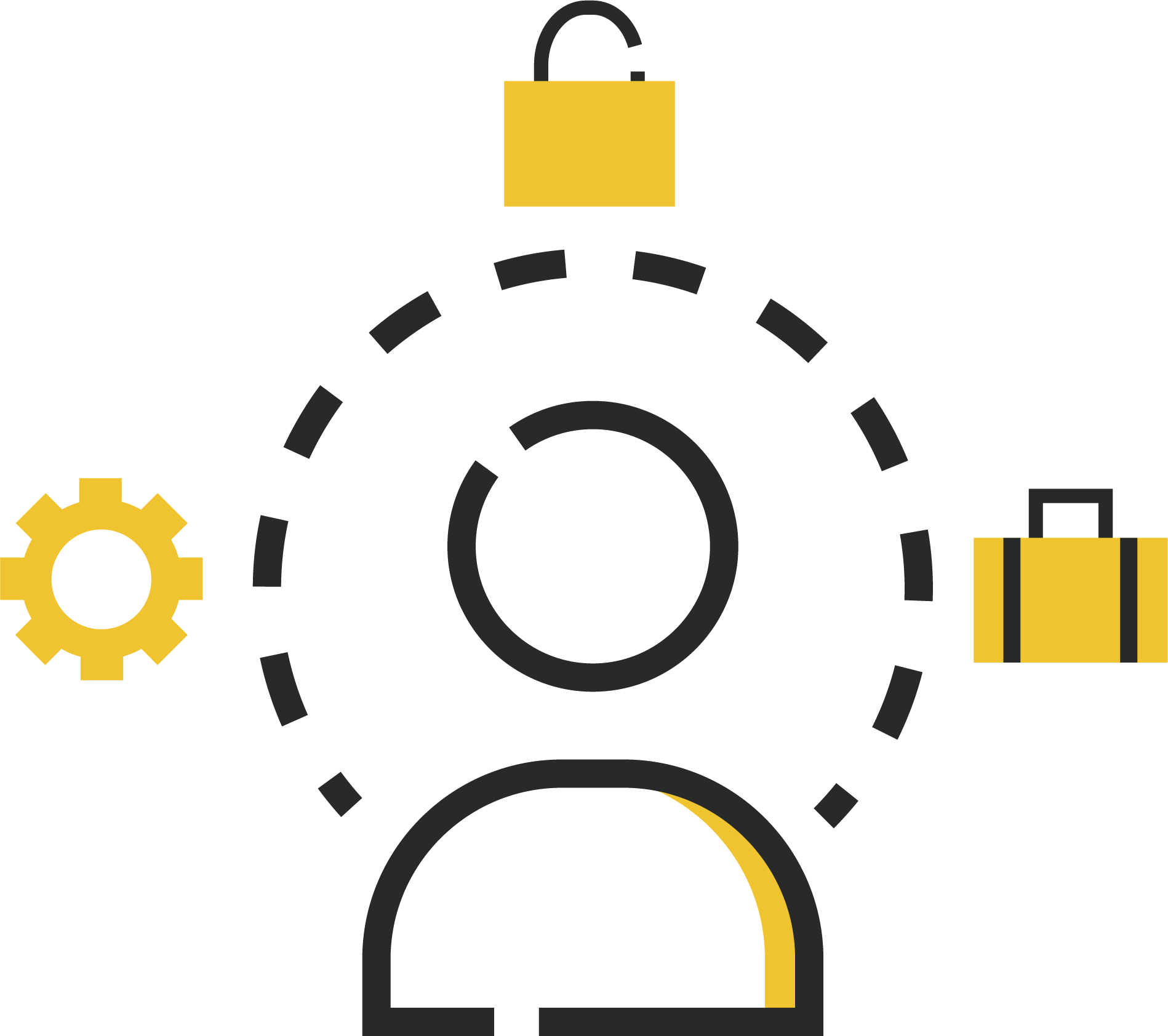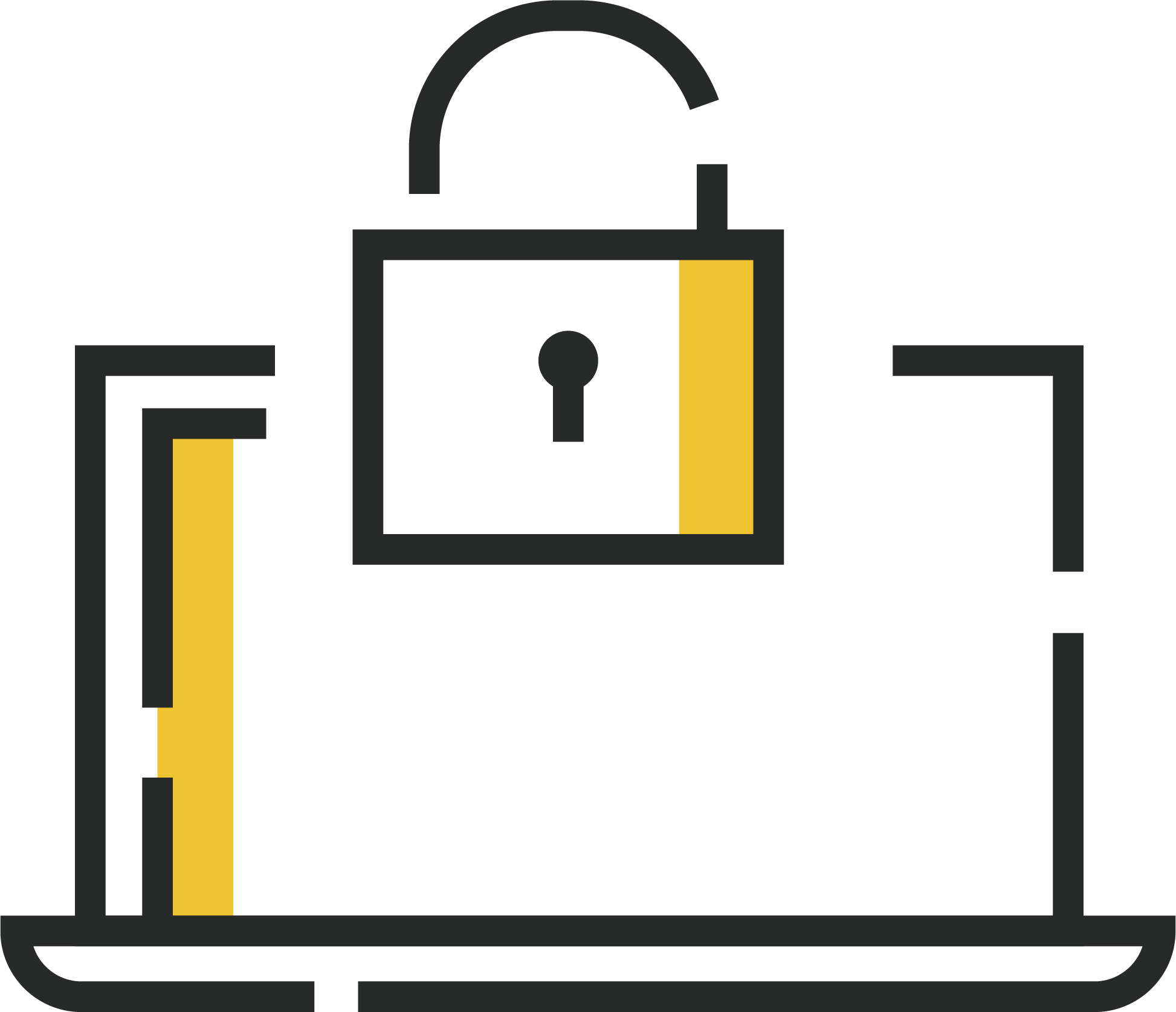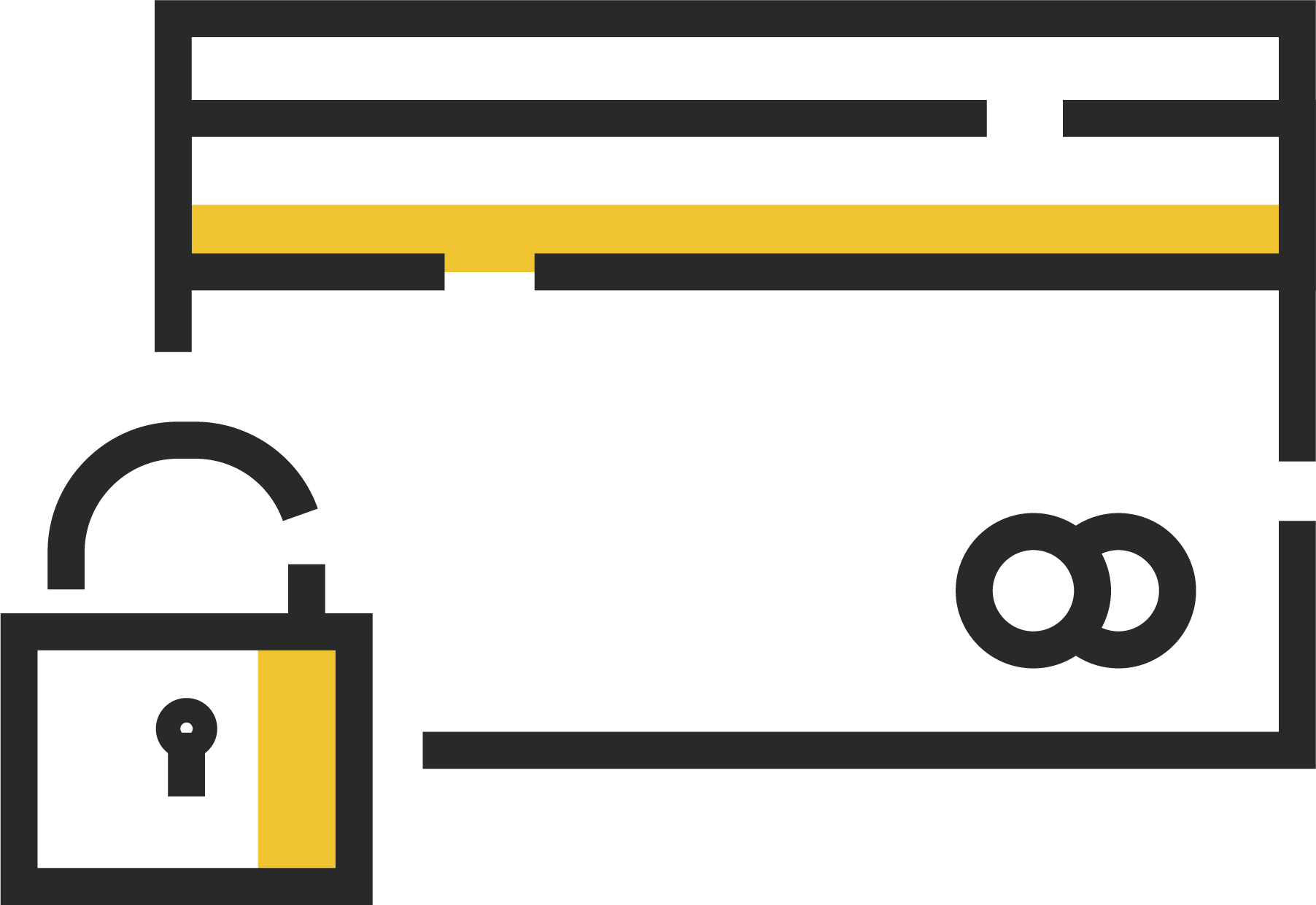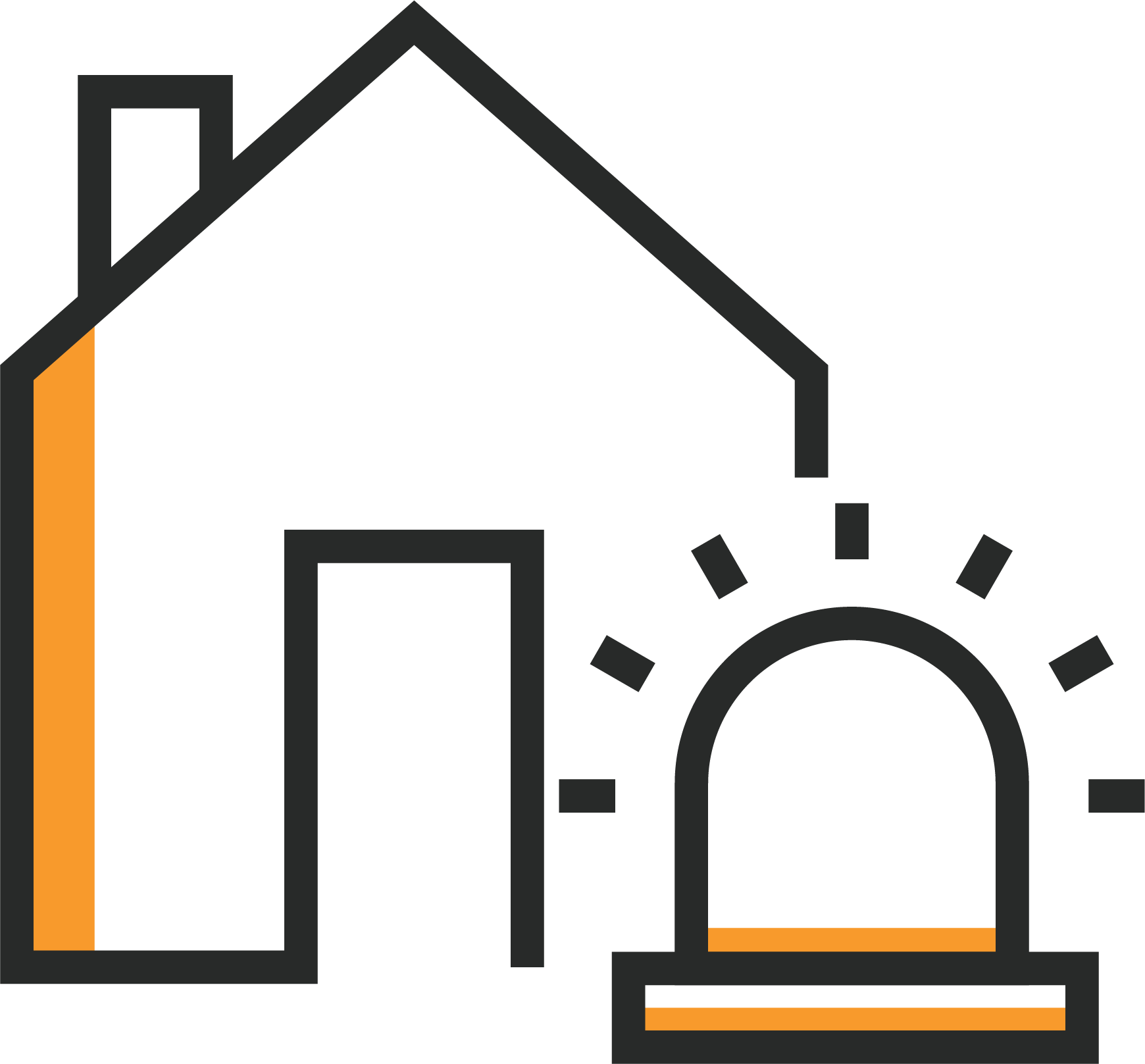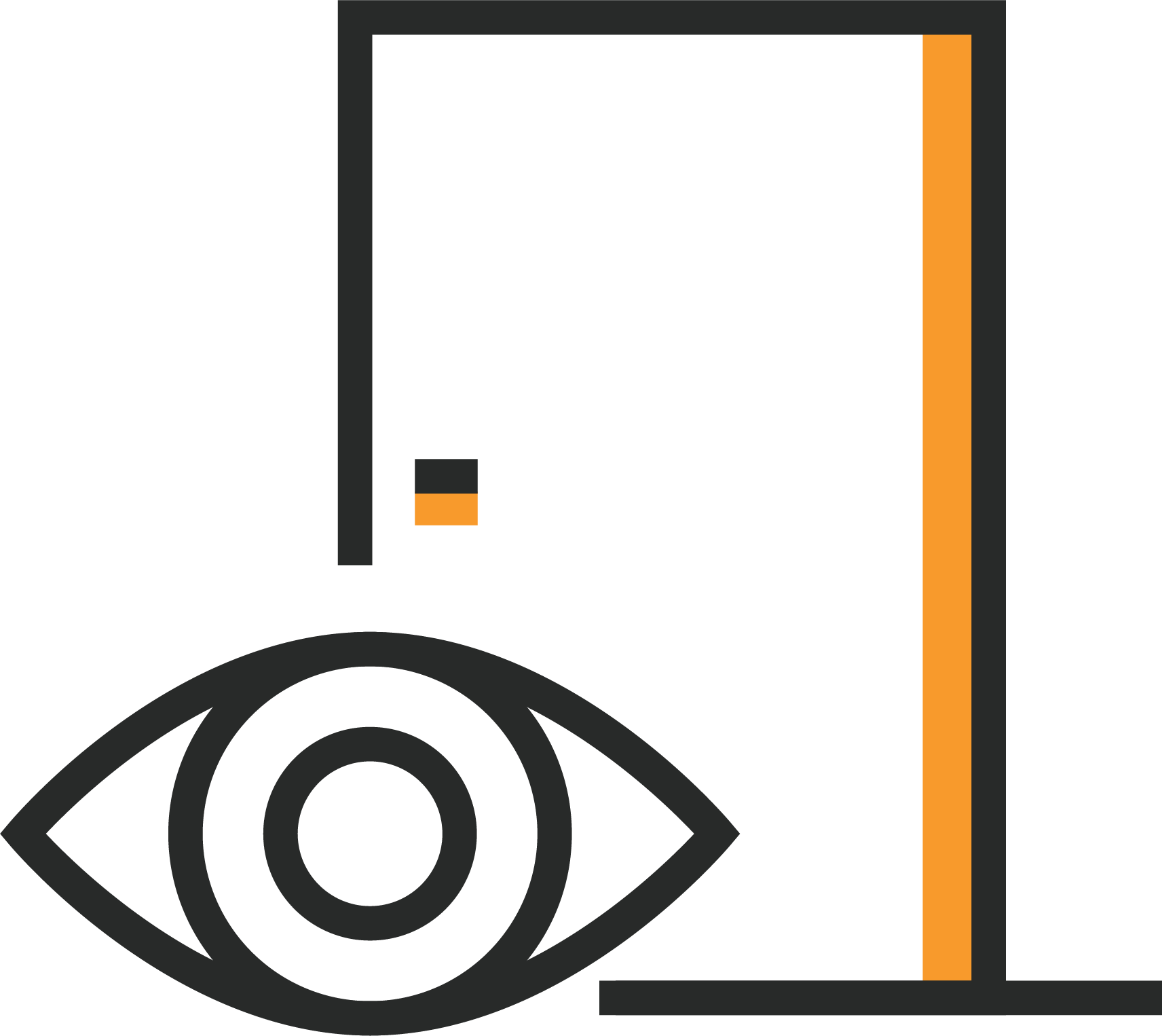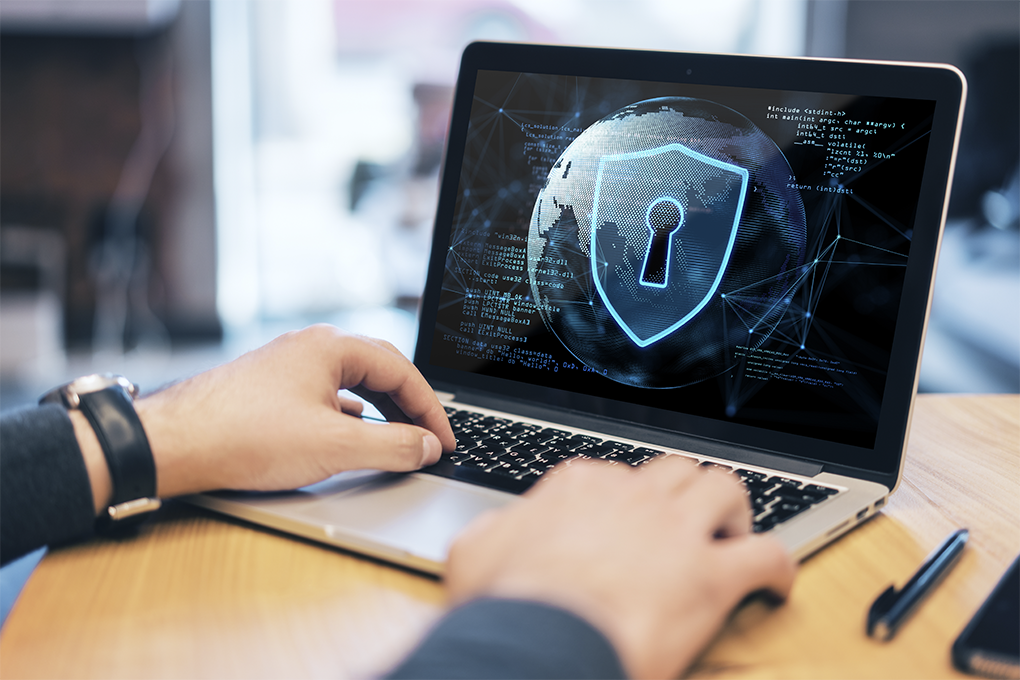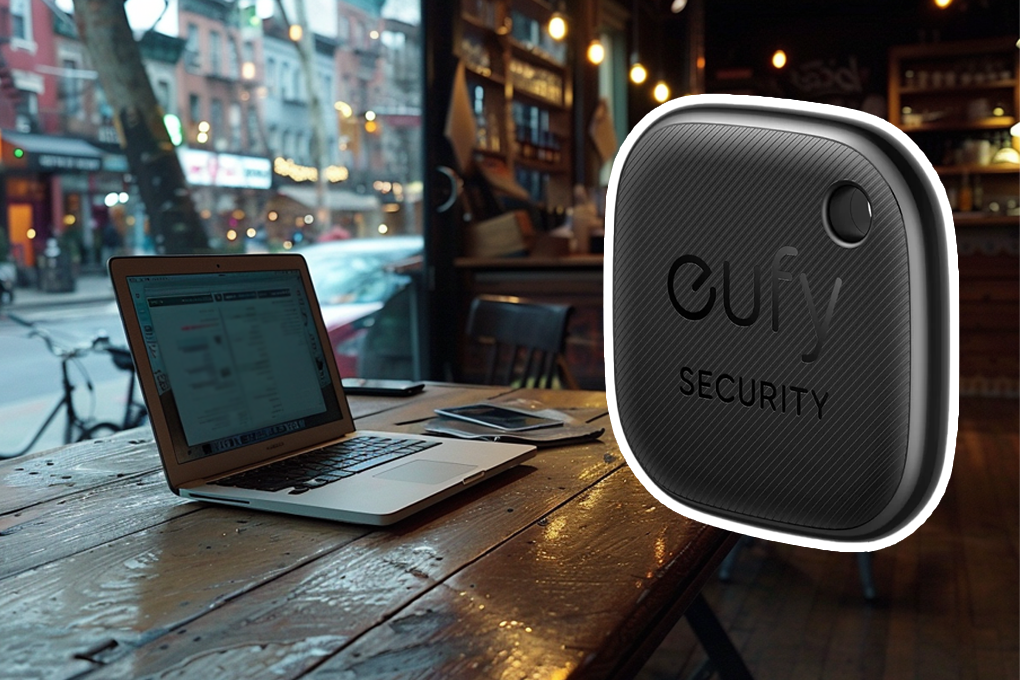Everyone wants a safe home—and that’s why it’s smart to use home security systems. Aside from the feeling of safety and comfort from intruders, did you know that a home security system can protect you against cybercriminals?
Since the start of the COVID-19 pandemic, there has been a 300% increase in cybercrimes reported in the United States. And a majority have been through home network routers.
When hackers gain access to your home security network, they can easily access smart home devices connected to the network. After that, they can steal your personal information and grant unrestricted access to all the devices you have connected to the network. Therefore, every home needs a resilient security system equipped with proper cybersecurity protocols.
As cyber threats evolve, so must our defenses. Regular software updates, system backups, and the integration of cybersecurity protocols with home security systems are critical in safeguarding our personal data from cyber intrusions.
– Kurt Sanger Cybersecurity Expert
Cybersecurity protocols to have in place with your home security systems
A cybersecurity protocol is an action or plan that protects your home from cyberattacks and data breaches. Hackers access your home network in various ways and steal private data stored on your computers. For example, they can utilize phishing emails, malware, smishing, insecure networks, or malicious mobile applications.
According to Darktrace, cyberattacks that targeted remote workers in the last 18 months were initiated through phishing emails. In addition, such attack methods skyrocketed from 12 percent (before COVID-19 lockdowns) to over 60 percent (six weeks following COVID-19 lockdowns).
Consider these cybersecurity protocols when looking to purchase a home security system:
Two-factor Authentication and Password Managers
Most hackers gain access to people’s data because of weak passwords. For example, many people use their names and birth dates as their passwords, and they’re easy to crack if the hacker knows your name and birthday.
A password manager helps you generate strong passwords that hackers cannot guess. In addition, you can leverage two-factor authentication (2FA) to confirm your identity.
According to Duo, users who implement 2FA for additional protection increased from 28 percent in 2017 to 53 percent in 2019. In other words, users understand the importance of 2FA, as do home security system manufacturers who have deployed 2FA security controls into their products.
Proactive Firewalls
Proactive network-based firewalls with advanced threat defense can enhance your home’s security resilience. For example, a proactive network-based firewall system can detect and block network intrusion attempts and viruses, and generate alerts for unsolicited access.
Reputable VPN
A virtual private network (VPN) is a secure and easy way to create a safe network environment. VPNs encrypt everything that happens on your network and can hide your browser history, IP address, and your precise location. As a result, no one can see what you are doing. Above all, this protected security layer creates a private communication channel.
Prepare today for peace of mind tomorrow.
Get occasional tips about keeping your family and home safe — delivered to your inbox.
Tips for Securing Your Home Network
Here are some practical steps you can immediately implement to help boost your home security system and keep your network safe:
- Access control management. Using stronger passwords for software applications associated with home security systems makes it difficult for hackers or intruders to access your account. So, use an automated password manager like 1Password to generate stronger passwords for each use case.
- Regularly update your software. Software updates add new features, fix critical patches, and enhance the security of the software against new vulnerabilities. Therefore, regularly check for updates to ensure you have maximum protection against the latest cyber threats.
- Back up your system. Creating a regular system backup cadence (whether it’s on the cloud or manually through a hard drive) helps securely store the data collected from home security systems while reducing the impact of data loss.
As cybersecurity threats continue to evolve, cybercriminals have taken an interest in home security as a way of accessing your personal information. Therefore, there is an increasing need to include cybersecurity controls in your home security system. Take the necessary steps today to protect your home from both physical and cyber intruders.
Want some help creating a cybersecurity system for your home? See our cybersecurity recommendations on the Batten Marketplace today.
